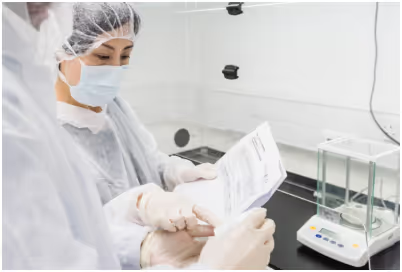Food produces a typical pattern QTcF shortening which is predictable, reproducible and can be demonstrated even in small populations of around 10 volunteers.Further to our publication �Shortening of the QT Interval After Food Can Be Used to Demonstrate Assay Sensitivity in Thorough QT Studies� published October 2012 in the Journal of Clinical Pharmacology, it is proposed that food effects on ECG demonstrated in SAD and MAD studies can be used to show assay sensitivity thereby enhancing the value of the ECG assessment in these studies significantly.Richmond Pharmacology will present on this topic at the 33rd Annual Meeting of The Japanese Society of Clinical Pharmacology and Therapeutics, taking place this year in Okinawa from 29 Nov to 1 Dec. The presentation will be held on Day 2, from 14h30-15h50 (Room 4 - Conference Hall B3+4).View programContact us to arrange a face-to-face meeting
Latest news
Richmond Pharmacology Establishes Expert Regulatory Advisory Board
February 12, 2026
Richmond Pharmacology, a leading clinical research organisation specialising in early-phase and innovative clinical trials
Read moreEvents
Clinical Trials Innovation Programme
10 - 11 February 2026
Richmond Pharmacology is pleased to attend the Clinical Trials Innovation Programme Conference in Nice, France, 10–11 February 2026.
View event














.avif)
